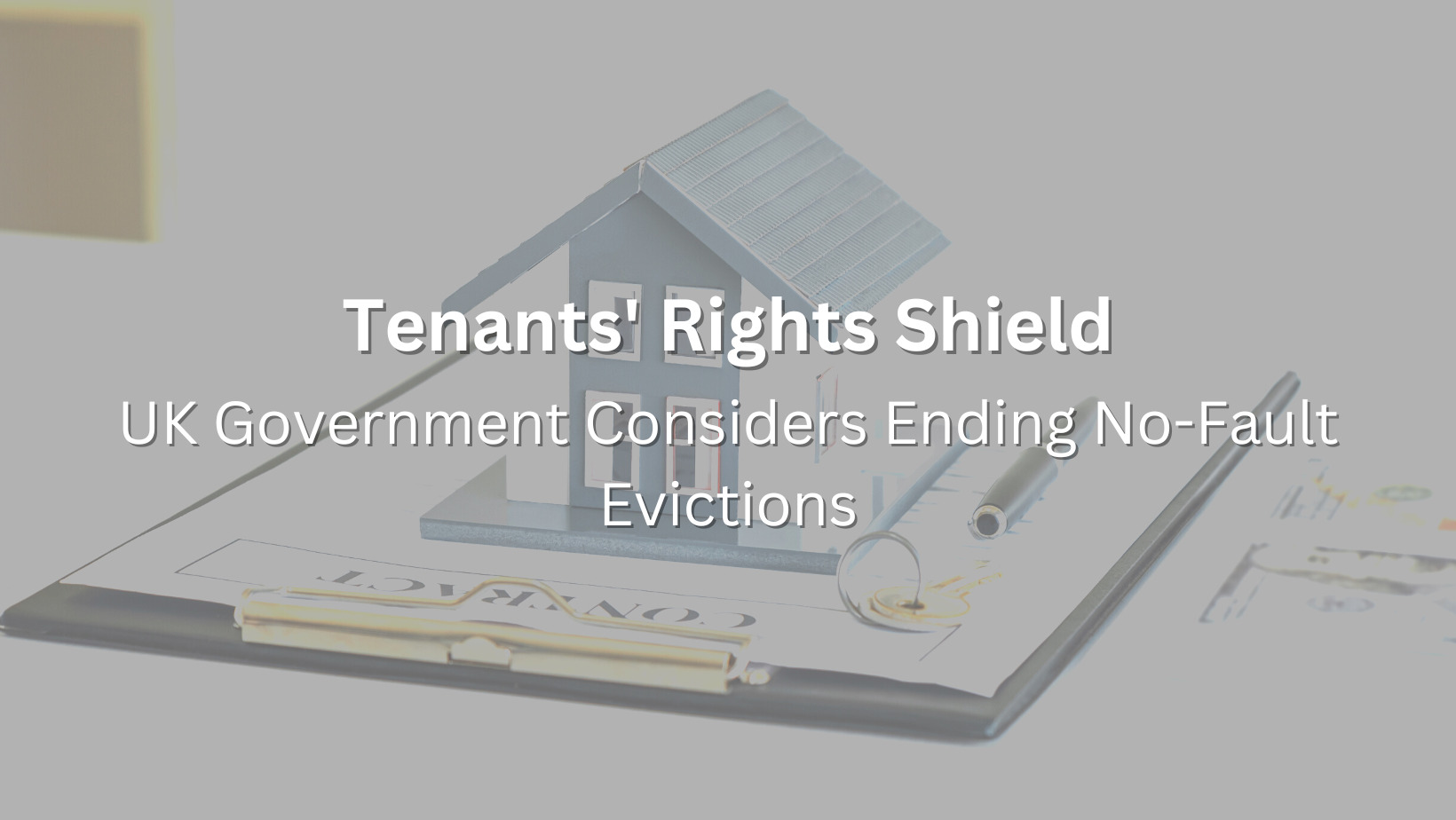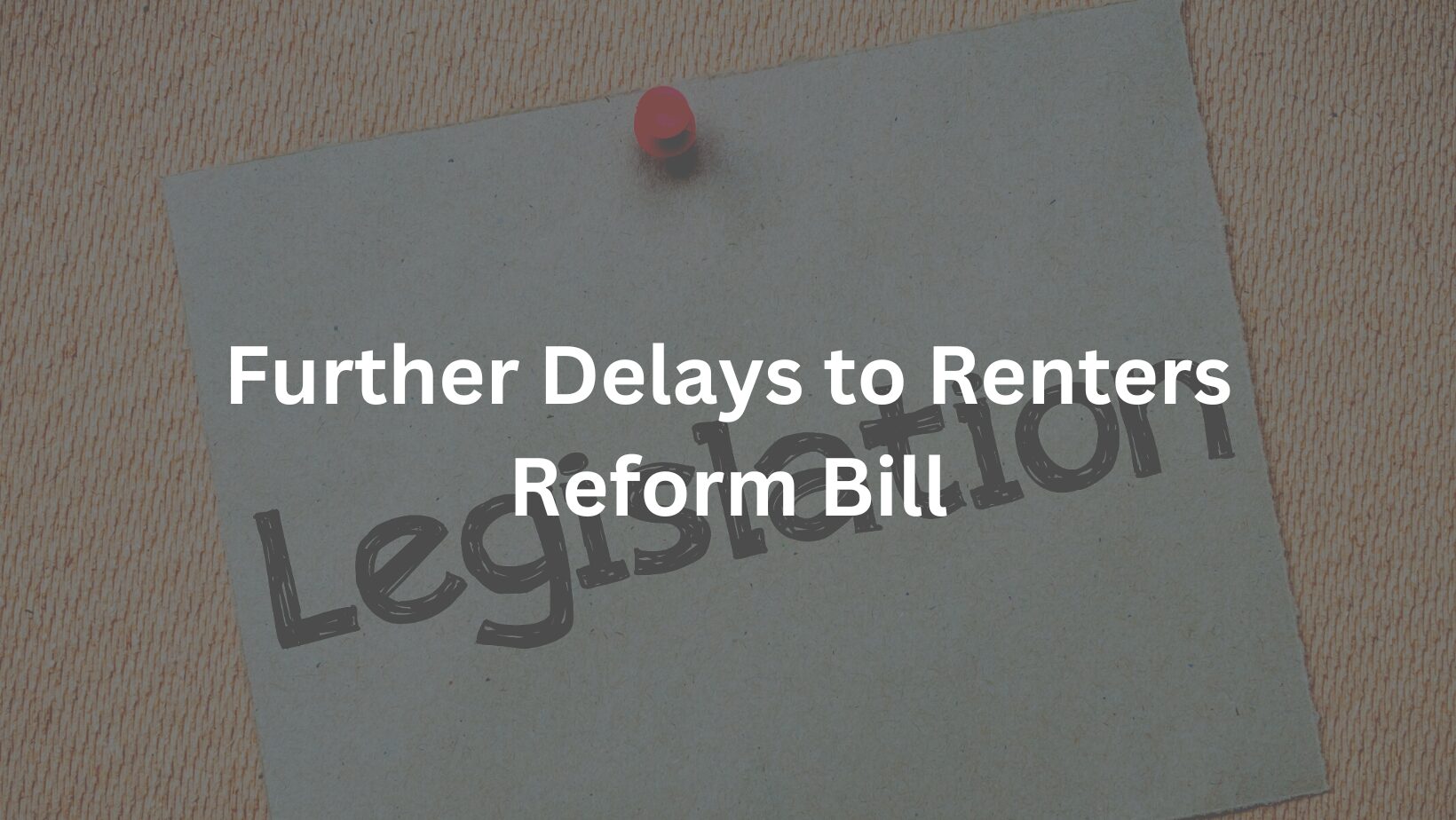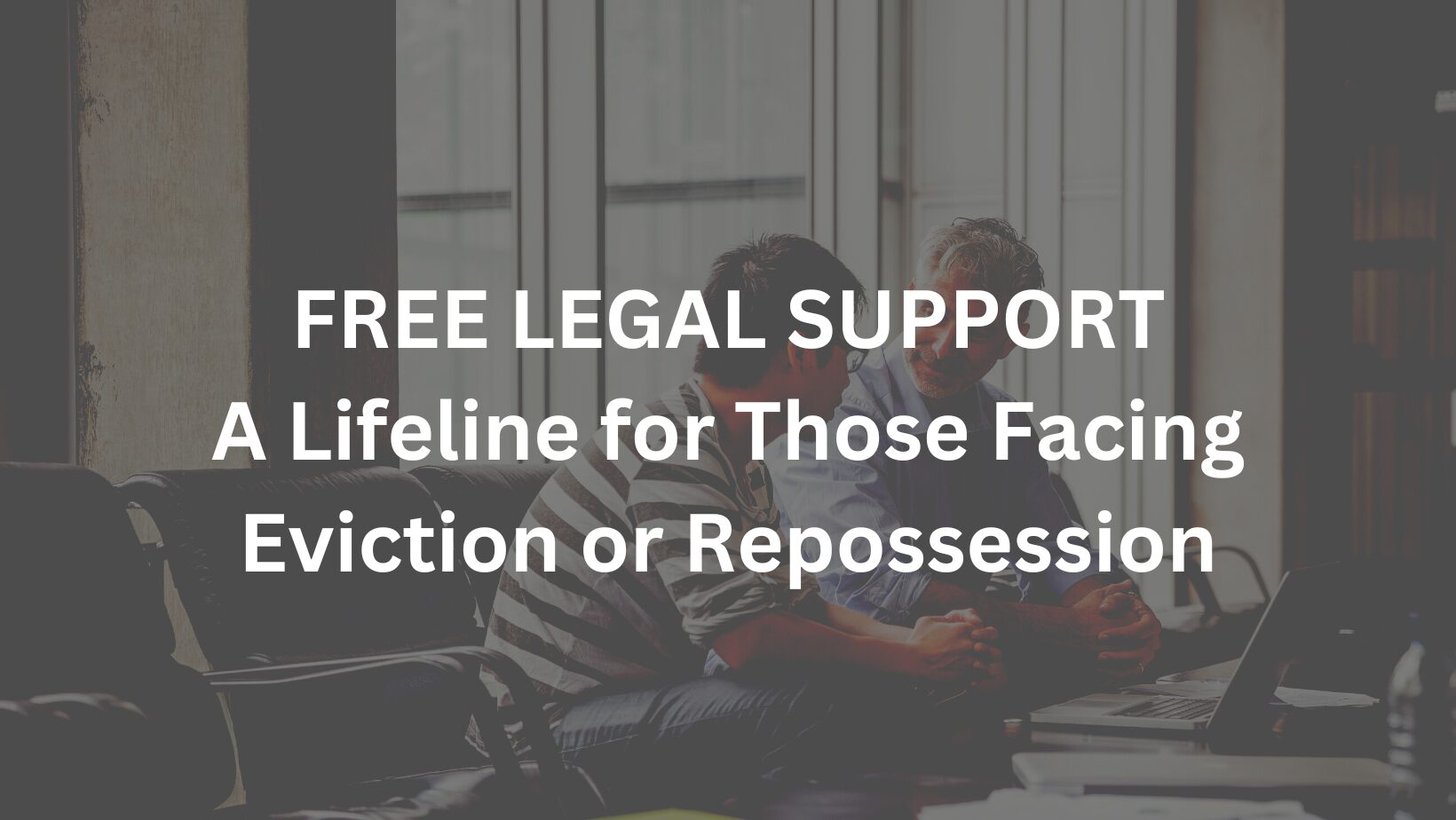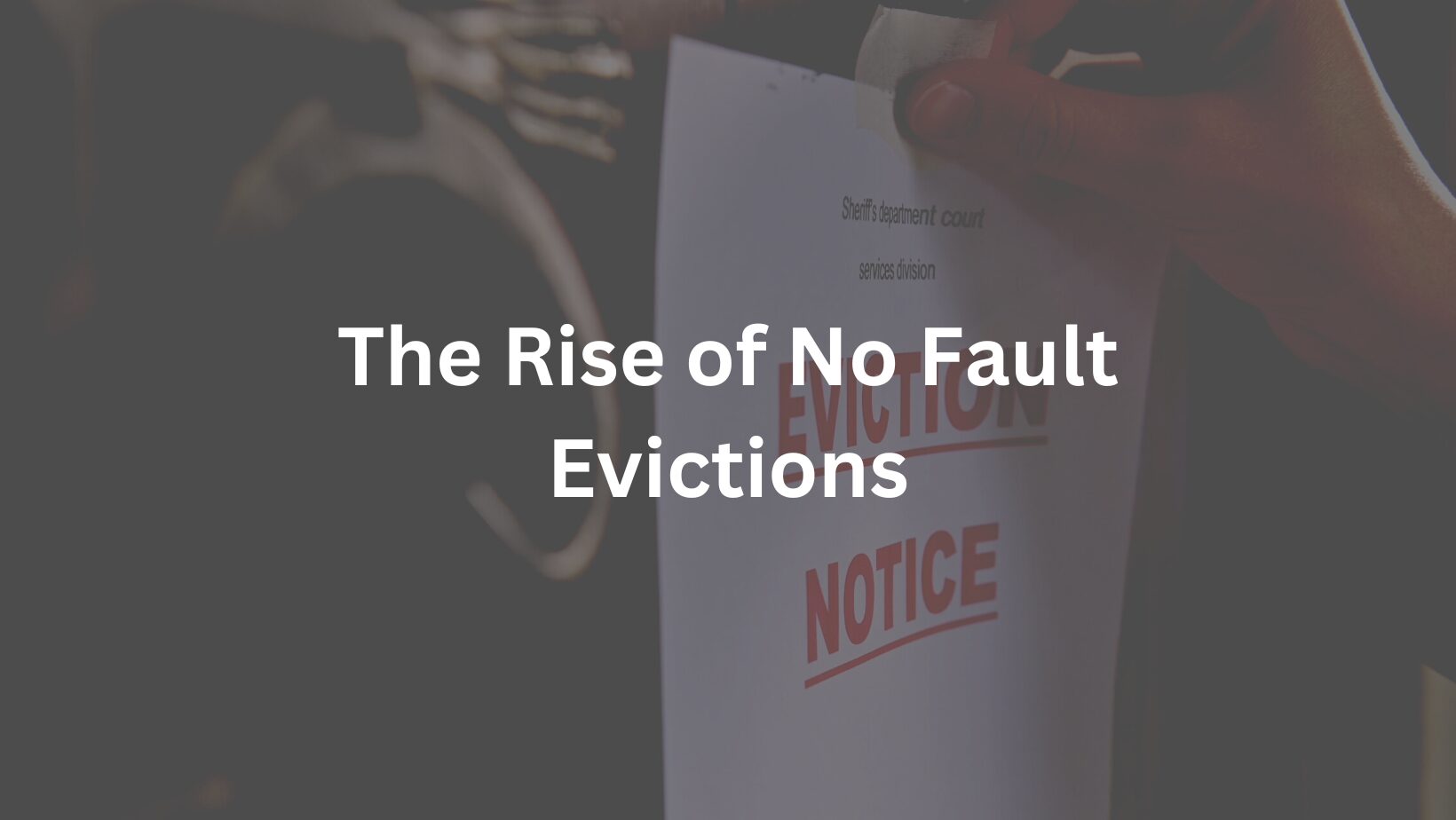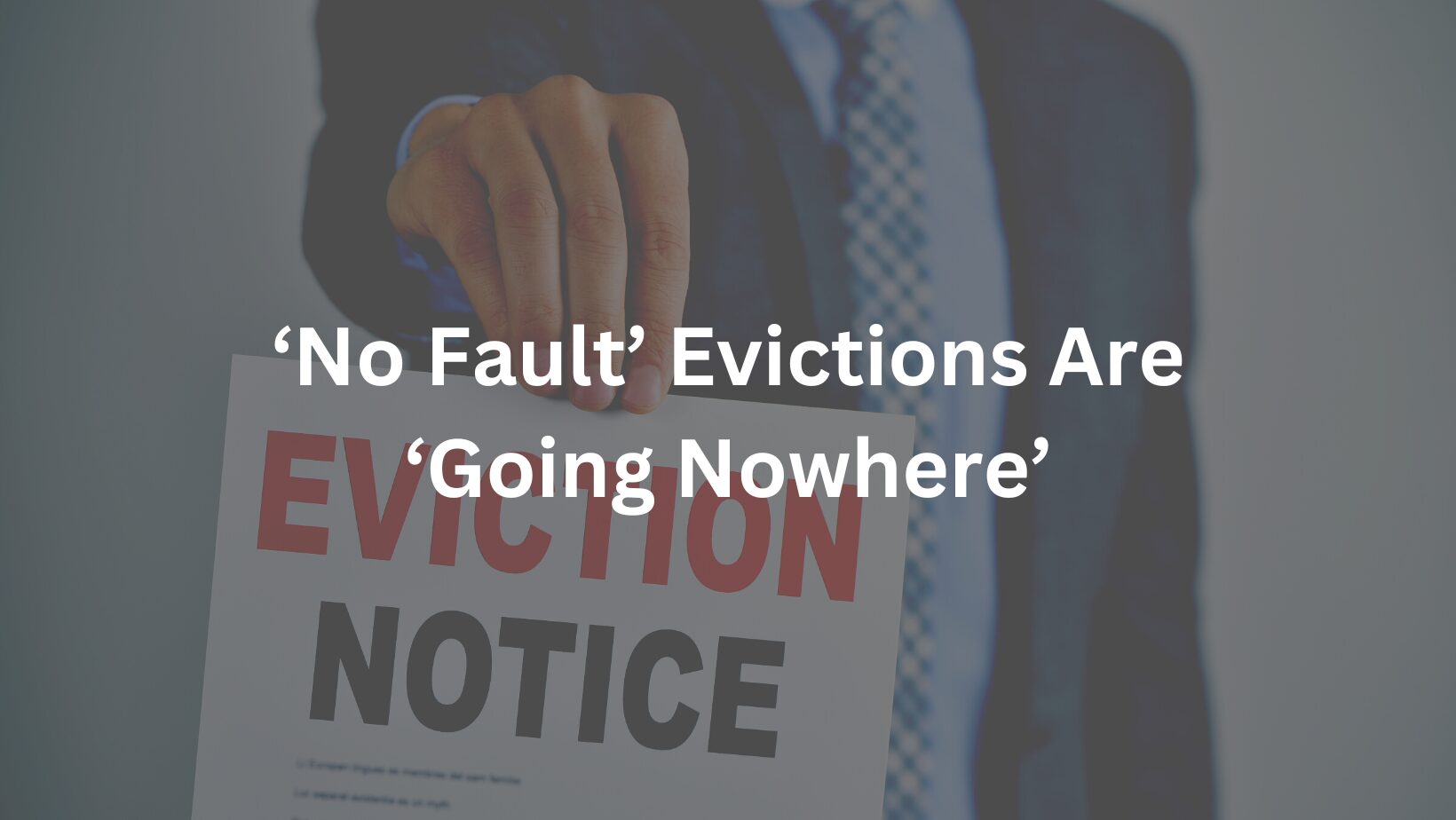The issue of no-fault evictions has long been a topic of contention in the United Kingdom. These evictions, also known as Section 21 evictions, allow landlords to terminate a tenancy without providing a specific reason, leaving tenants vulnerable and potentially homeless. However, recognising the need to protect tenants' rights and ensure secure housing, the UK government has unveiled plans to scrap no-fault evictions. This article delves into the nature of no-fault evictions, their impact on tenants, and the proposed measures to address this issue.
Understanding No-Fault Evictions.
No-fault evictions, permitted under the Section 21 of the Housing Act 1988, have allowed landlords in England and Wales to evict tenants at the end of their fixed-term tenancy or during a periodic tenancy without providing a reason. This practice has often left tenants feeling insecure and uncertain about their housing situation. The ease with which landlords could evict tenants has resulted in frequent and swift displacement, causing distress and financial hardship for many individuals and families.
The Impact on Tenants.
No-fault evictions have had severe consequences for tenants across the UK. The fear of eviction looms large, leading tenants to hesitate in reporting necessary repairs, addressing issues with their landlords, or asserting their rights. This power imbalance exacerbates the already challenging rental marketing, where affordable and stable housing options are increasingly scarce. Vulnerable groups, such as low-income families, elderly individuals, and those on housing benefits, are particularly susceptible to the adverse effects of no-fault evictions.
Plans to Abolish No-Fault Evictions.
Recognising the pressing need for reform, the UK government has proposed to abolish no-fault evictions, aiming to enhance tenants' security and reduce homelessness rates. The government's proposal centres around the Renters' Reform Bill, which aims to overhaul the private rented sector and provide tenants with increased protection.
The Renters' Reform Bill introduces several key measures:
1. Abolition of Section 21: The primary focus of the bill is to remove Section 21 from the Housing Act 1988. This would mean landlords would no longer be able to evict tenants without providing a valid reason, creating a fairer balance between landlords' rights and tenants' security.
2. Enhancing Tenancy Security: The proposed reforms also include the introduction of open-ended tenancies, ensuring that tenants have greater security and stability in their homes. This change would grant tenants the right to stay in their rented properties for an extended period, providing more certainty and reducing the risk of abrupt evictions.
3. Strengthening Tenant Rights: The bill aims to strengthen tenants' rights by implementing stricter regulations on the use of Section 8 evictions, which require specific grounds for eviction, ensuring that tenants are not unfairly targeted or discriminated against.
Benefits and Challenges.
The scrapping of no-fault evictions carries several benefits for tenants, fostering a sense of security and reducing the risk of homelessness. By providing tenants with increased stability and preventing arbitrary evictions, the reforms encourage them to assert their rights and hold landlords accountable for substandard housing conditions. Moreover, the changes can contribute to a fairer rental market by encouraging responsible landlords, fostering healthier landlord-tenant relationships, and promoting longer-term tenancies.
However, implementing these reforms will also present challenges. Some landlords may express concerns about potential limitations on their property rights and the potential impact on the supply of rental properties. Striking a balance between tenant protection and maintaining a healthy rental market will be crucial in ensuring the long-term success of the proposed reforms.
In conclusion, the proposed scrapping of no-fault evictions in the UK marks a significant step toward enhancing tenants' security and protecting their rights within the private rented sector. By removing the ability of landlords to evict tenants without a valid reason, the government aims to create a fairer and more balanced rental market that prioritises the well-being of tenants.
OUR UPDATES
Latest news & updates
I need help with...
Whatever help you require, get in touch with us!
